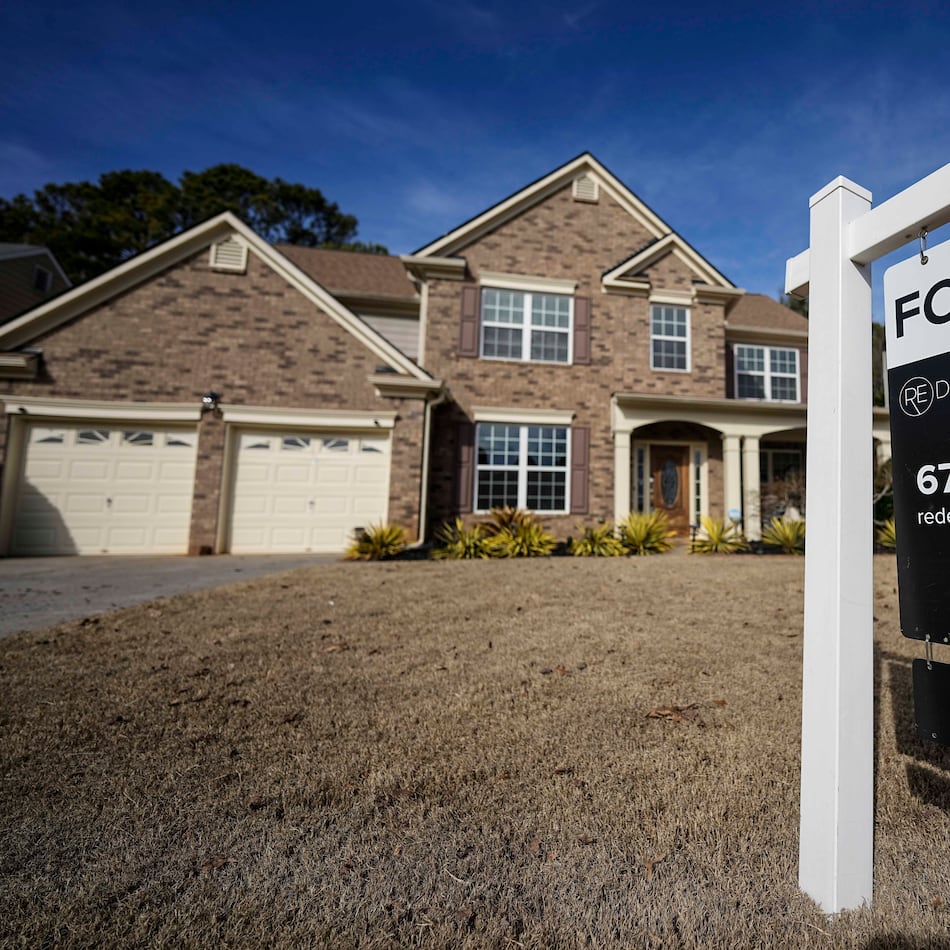Lt. Gov. Casey Cagle on Tuesday said he will seek a series of tax cuts to spur the state's faltering economy.
Cagle, a Republican, said he will resurrect a plan vetoed by Gov. Sonny Perdue a year ago to cut the state's capital gains tax and will seek to renew a sales tax exemption for energy used in manufacturing.
But Cagle also said that as soon as next week, he'll introduce a plan to offer property tax relief, although he would not provide details yet of that plan.
Cagle announced his intentions at the 2010 Eggs & Issues event sponsored by the Georgia Chamber of Commerce. In remarks to more than 2,500 business and government leaders, Cagle acknowledged that the state faces a nearly $1.5 billion budget shortfall and said that revenue hole will only increase in 2011 and 2012.
With the state already facing a budget that is $3 billion less than it was four years ago, Cagle said the Senate will work to ensure “we do the responsible thing, create efficiencies and bring government back to the 21st century and focus very deeply on cutting taxes.”
After the event, Cagle told reporters that while tax cuts are a priority, the obvious first need is to dramatically reduce spending. However, Cagle didn't indicate Tuesday which areas would be targeted.
"Spending reductions is ultimately where it's at," Cagle said, "but there will be a targeted focus on tax cuts."
But Alan Essig, executive director of the Georgia Budget and Policy Institute, a nonprofit think tank that's critical of special-interest tax breaks, said Cagle's plan is the wrong move.
"It's bad economics and it's bad policy" to try to stimulate the state's economy with tax cuts. That only works on the federal level, he said, where Congress can run up the budget deficit at will. The state must balance its budget every year, which severely limits the stimulative effect of tax cuts, he said.
An official state estimate from 2008 showed that cutting the capital gains tax, which is levied on the sale of some stocks, bonds, other investments and things like vacation homes, would cost the state $400 million.
"If you're going to cut the capital gains tax and lose $400 million, that's $400 million that mostly the wealthy can spend," Essig said. The state has to make up that lost revenue by "cutting teacher salaries, furloughing state employees, the state buying less services, so, for the economy, it's mostly a wash."
The Senate inserted the capital gains tax cut into a House bill on the final day of the 2009 legislative session, but it became a poison pill as Perdue vetoed the final version. Perdue said last year the tax cut was too expensive in this budget atmosphere. The original House bill provided tax credits for businesses that hire and retain unemployed workers.
"There's no question that job creation is what really has to be paramount for us," Cagle said. "We don't need to raise taxes. This is not the environment to do so, but it is to right-size state government and bring it into the 21st century."
About the Author
The Latest
Featured


